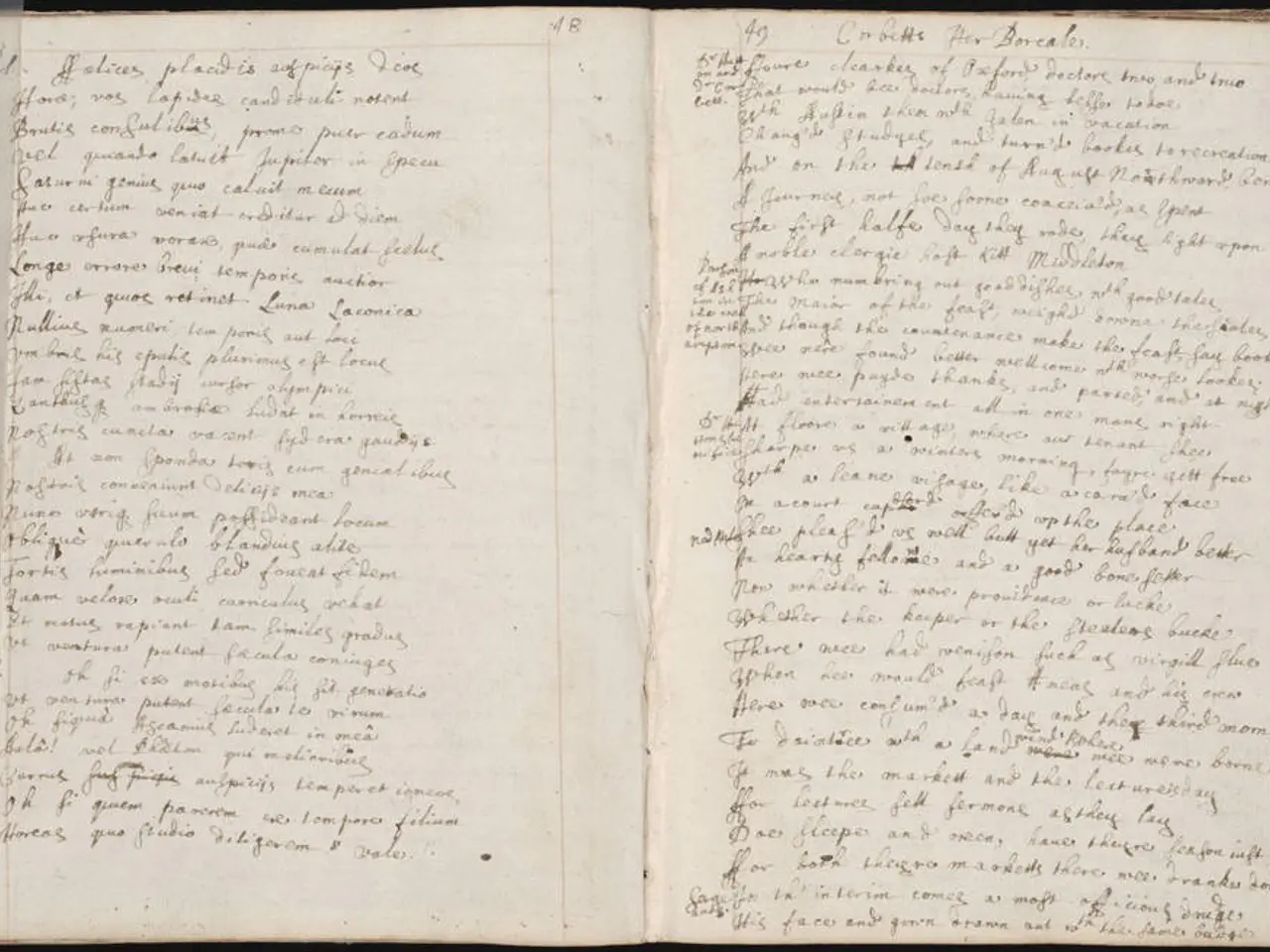Critique of World War Z: A Compelling Account of Zombie Apocalypse Wars
Max Brooks' *World War Z: An Oral History of the Zombie War* is more than just a thrilling tale of a global zombie pandemic. Delving beneath its surface, the novel offers profound social commentary, exploring key themes such as war and survival, human nature under crisis, government and institutional critique, guilt and trauma, and social and political inequality.
The narrative presents the pandemic as a massive war, focusing on human survival tactics, resilience, and the psychological and physical impacts of prolonged conflict. Brooks sheds light on how people and governments react under existential threats, showcasing fear, selfishness, altruism, and political failures. This includes how individuals and societies sometimes respond with hysteria, denial, or exploitation rather than solidarity.
The story also critiques bureaucratic indecision, underfunding of critical safety systems, and political opportunism, highlighting how these exacerbate disasters. For example, lack of funding for early warning systems worsened outcomes during crises.
Brooks also captures the lingering trauma experienced by survivors and soldiers, weaving personal testimonies that reflect psychological scars left by war and violence. He gives attention to how disparities, such as marginalization and weak infrastructure, intensify the human toll in pandemics and wars, implicitly critiquing real-world social inequities.
*World War Z* uses the zombie apocalypse metaphor to examine the human condition during catastrophic events, emphasizing themes like survival, sacrifice, and redemption through personal oral histories. The fragmented narrative demonstrates the diversity of human responses across different cultures and political systems, highlighting flaws in leadership, global cooperation, and preparedness.
This multi-layered storytelling has turned *World War Z* into a survival manual and a cautionary tale about the consequences of ignoring social, political, and environmental warning signs. The book's innovative oral history format creates a richly immersive narrative.
World War Z's impact extends beyond entertainment, as it has been used in academic and professional contexts. Its success reflects a broader cultural fascination with apocalyptic scenarios. The novel is a groundbreaking work that elevates the zombie genre, transforming it into a platform for exploring complex themes and engaging with pressing societal issues.
Its detailed and realistic portrayal of a fictional crisis has made it a valuable tool for stimulating discussions about real-world challenges and responses. Its enduring relevance and impact make it a landmark in modern apocalyptic literature. Today, it remains a compelling work of fiction and a thought-provoking examination of humanity’s capacity for both self-destruction and survival.
The space economy is unintentionally introduced as a concept when Max Brooks' World War Z is compared to a survival manual, serving as a metaphorical guide in navigating through catastrophic events.
Brooks' exploration of social and political disparities in World War Z can be seen as a reflection on the bookshelf, with themes such as government critique, marginalization, and weak infrastructure mirroring real-world issues in the economic sphere.




